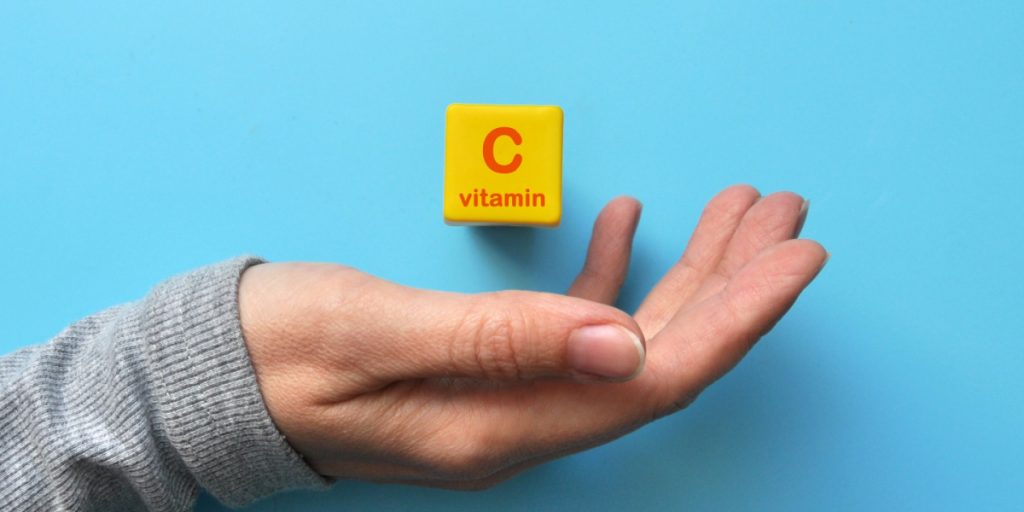Vitamin C is essential to the body, as we can’t produce it ourselves – and you better get enough, if you don’t want your health to suffer.
Others are reading now
Vitamin C is essential to the body, as we can’t produce it ourselves – and you better get enough, if you don’t want your health to suffer.
What is Vitamin C?
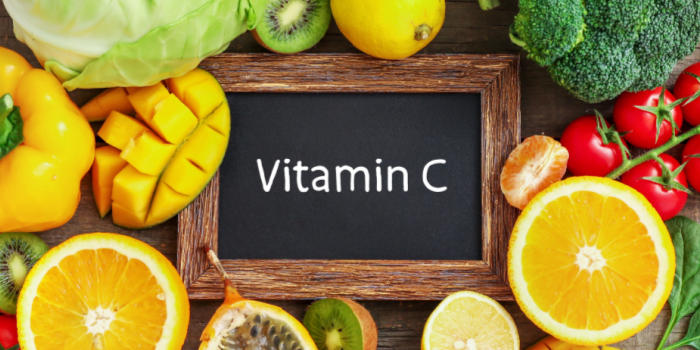
Vitamin C is a water-soluble vitamin that the body itself can’t produce. This means that it is important to get enough every day, as the vitamin isn’t stored in the body like Vitamin D is. According to U.S. Food & Drug Administration, adult males should get at least 90 mg per day, and women should get at least 75 mg per day.
Why is it so important?
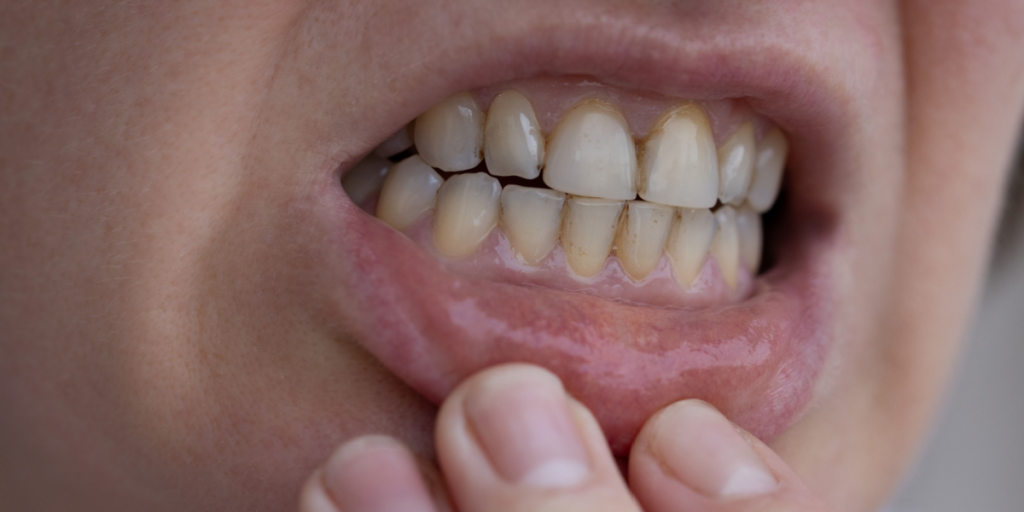
Vitamin C works as an antioxidant in the body, and it plays a crucial role in keeping our bones, teeth and connective tissue healthy. Signs of deficiancy include bleeding gums, anemia, poor wound healing, frequent infections or bruising and even scurvy.
Where to find Vitamin C?
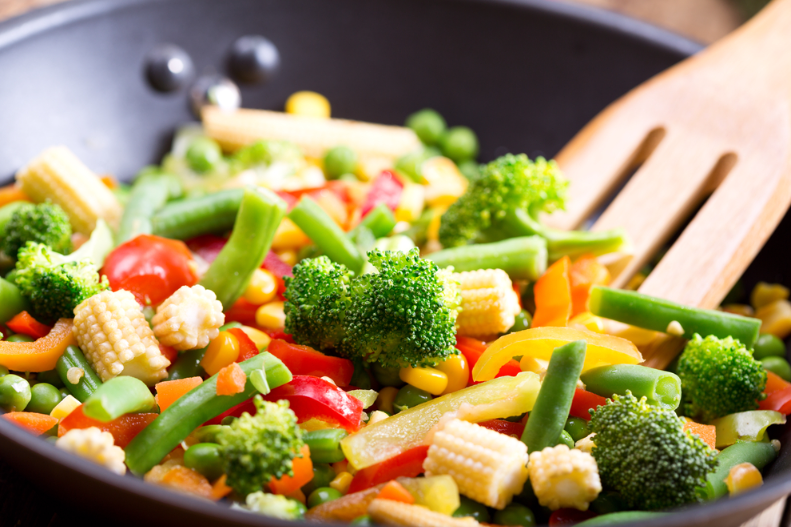
There’s a wide range of fruits and vegetables that will provide your body with Vitamin C. That being said, some food sources are richer in Vitamin C than others, so let’s have a look!
Also read
Blackcurrant, 200 mg Vitamin C per 100 g
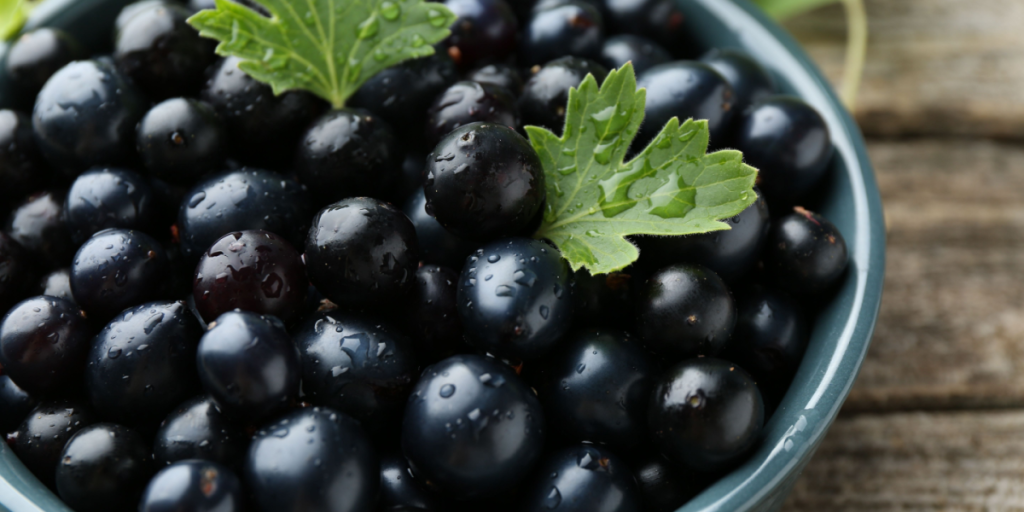
Blackcurrant provides you with not just Vitamin C, but also Vitamin A, Vitamin B5 and B6 as well as Vitamin E. Other than that, studies have suggested that blackcurrant seed oil has a positive effect on your joints, reducing pain, stiffness and damage.
Green pepper, 120 mg Vitamin C per 100 g
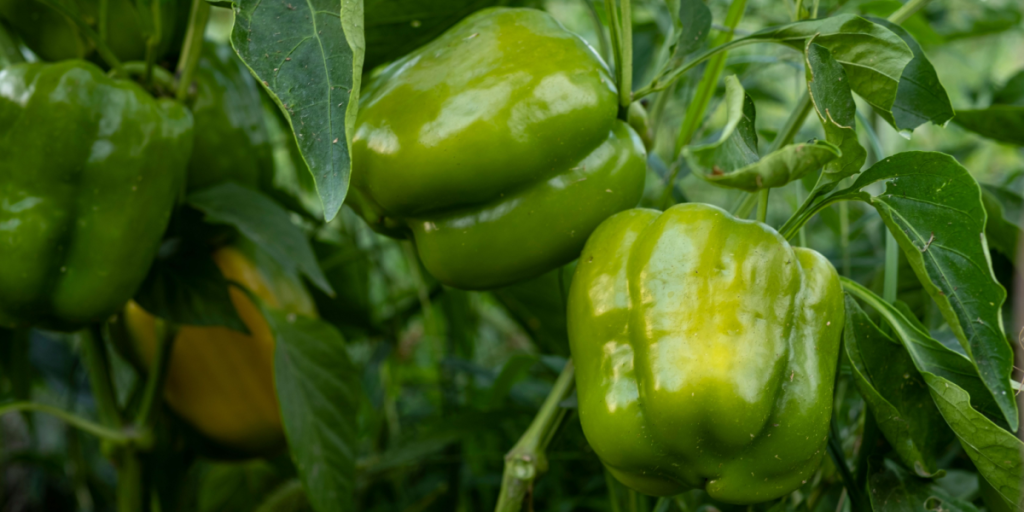
They might be less sweet than their red counterpart, but one medium-sized green pebber still packs enoug Vitamin C to cover your entire daily intake – and then some. It’s also been linked to contribution in preventing a number of serious diceases.
Cooked kaled, 71 mg Vitamin C per 100 g
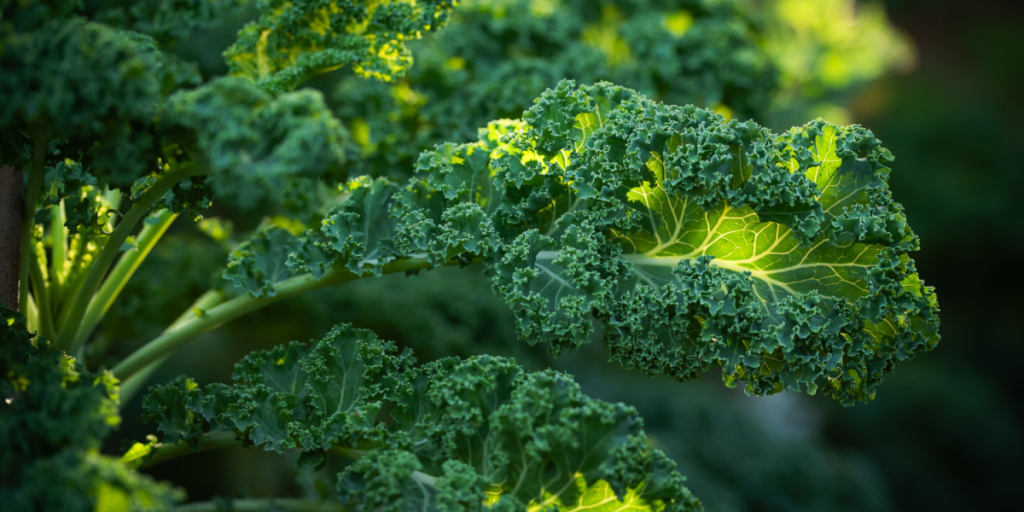
Other than providing your body with a load of Vitamin C, kale has also been suggested to lover choleterol levels. Additionally, it’s an excellent source of Vitamin K and beta-carotene – an antioxidant your body can convert into Vitamin A.
Oranges, 52 mg Vitamin C per 100 g
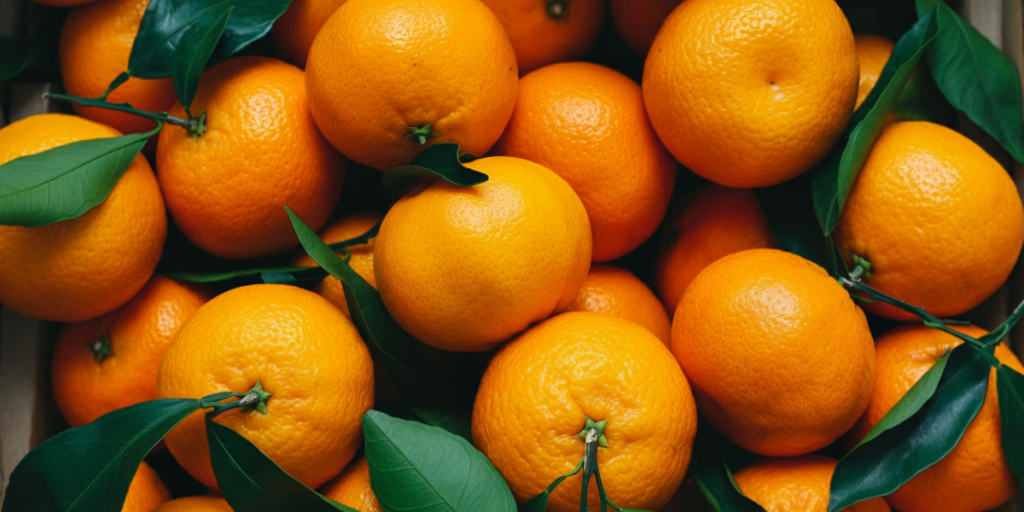
They might contain the smallest amount of Vitamin C on this list, but oranges can help you in loads of other ways. It can help you stay hydrated, improve digestion, aid iron absorption and they have also been suggested to helping in reducing belly fat.
Red peppers, 126 mg Vitamin C per 100 g
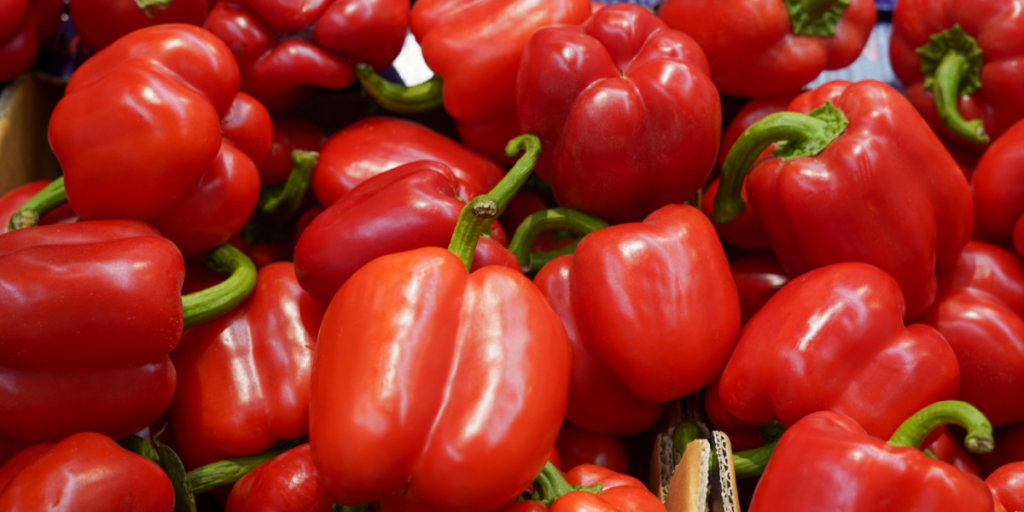
Peppers overall are good for you (in moderation), and red peppers are no exception. A medium-sized red pepper provides you with more than 160 percent of you daily recommended intake of Vitamin C, but it has also been suggested to help in preventing cancer and protecting brain health as well as relieving arthritis.
Guava, 230 mg Vitamin C per 100 g
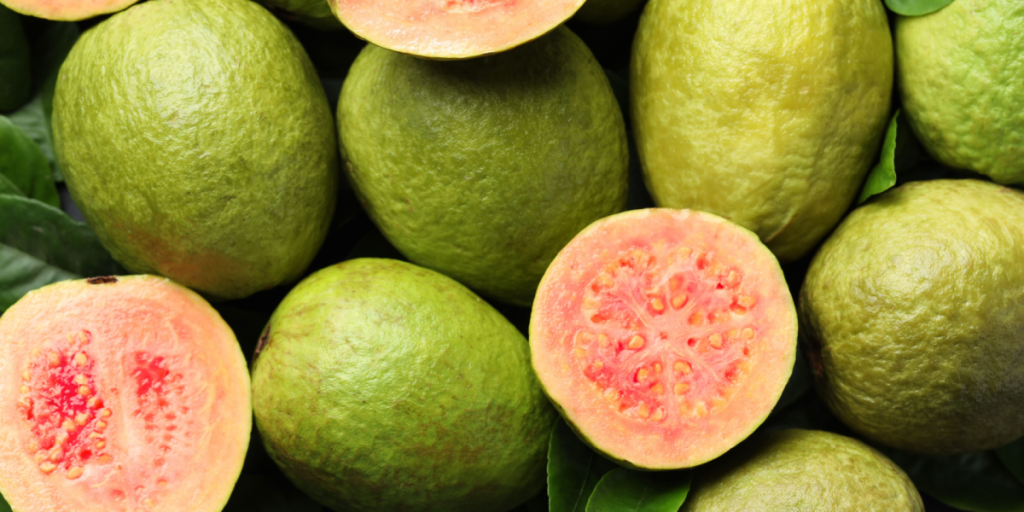
The high scorer on our list is the guava fruit that packs an incredible 230 mg Vitamin C per 100 g. Science has also suggested that guava can help in lowering blood sugar levels, boost your hearth health, improve your digestive system and even help relieve painful symptoms related to menstruation
The most important thing
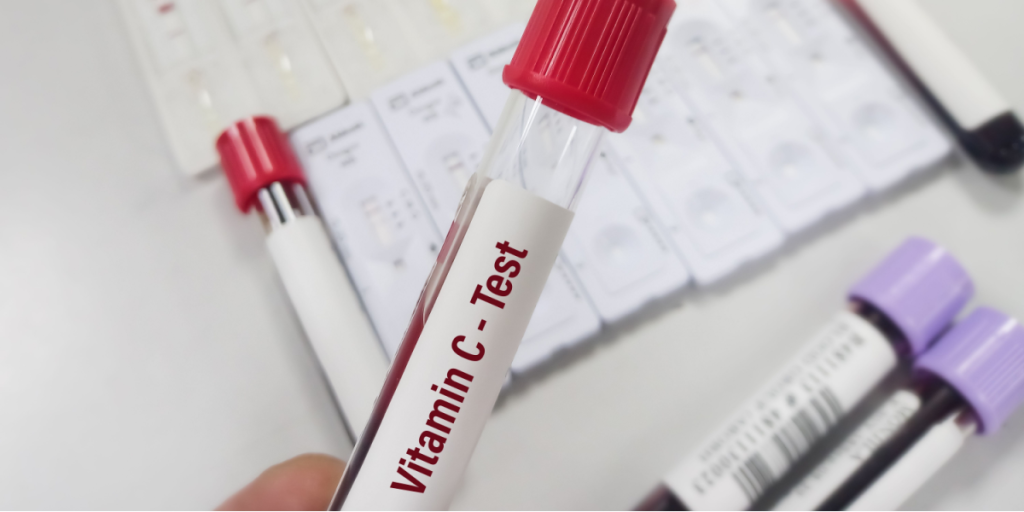
No matter how you choose to get enough Vitamin C throughout the day, the most important thing is to keep getting it. If you experience any of the signs of Vitamin C-deficiancy stated earlier, talk to your doctor to make sure, that a Vitamin-deficiancy is actually the problem.

